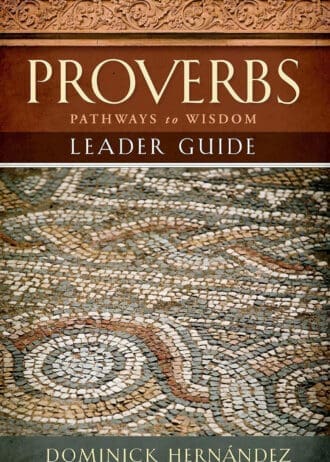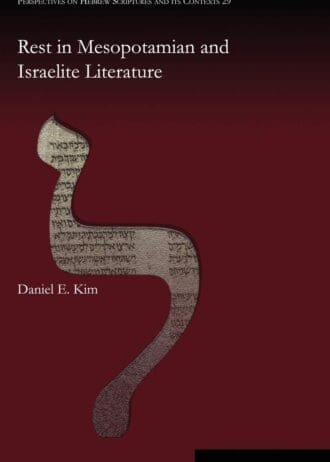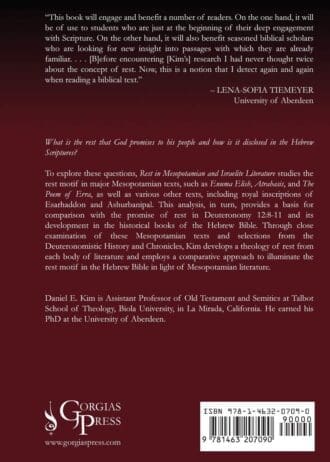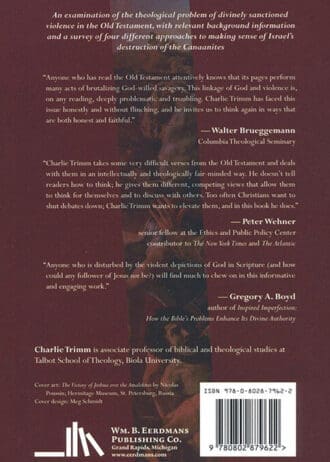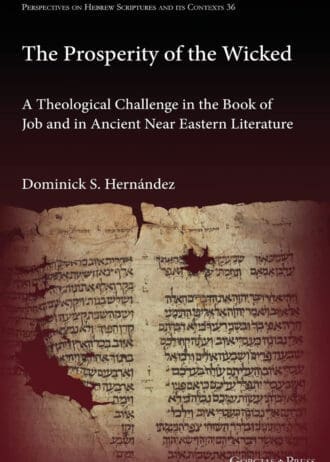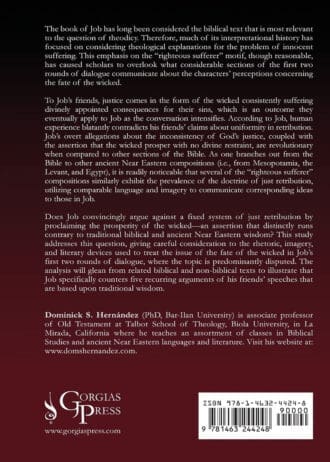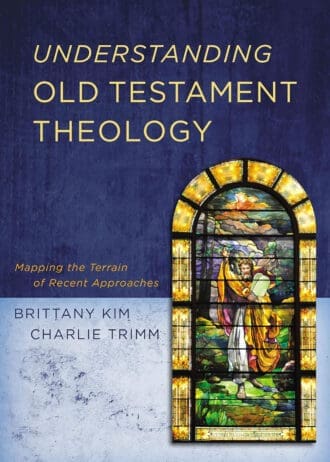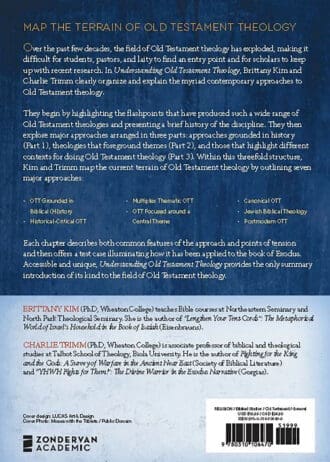Proverbs: Pathways to Wisdom: Leader Guide
The book of Proverbs is a book written for people like us—parents, children, friends, and coworkers. It’s a collection of biblical sayings and wisdom that are intended to help us with practical matters in our lives. Inside we encounter the wise and the foolish, and instructions for the journey to find the wisdom that comes from God alone. Proverbs: Pathways to Wisdom explores the context, language, and interpretation of the book of Proverbs. Each chapter covers well known verses and examines prevalent themes throughout the book. From the fear of the Lord to the Woman of Valor in Proverbs 31, Hernández explores an array of verses and reveals literary and historical details that supply profound insight into familiar passages. The Leader Guide contains everything needed to guide a group through the four-week study including session plans, activities, and discussion questions, as well as multiple format options. Additional components for a four-week study include a DVD featuring Dominick S. Hernández and a comprehensive Leader Guide.

